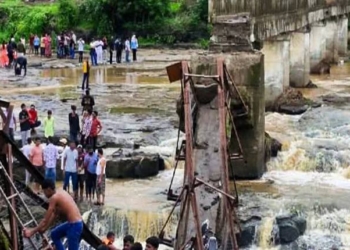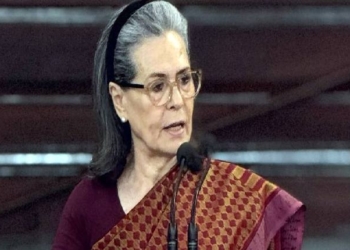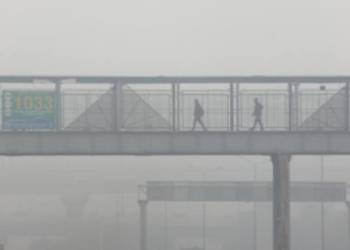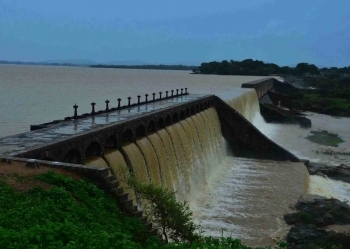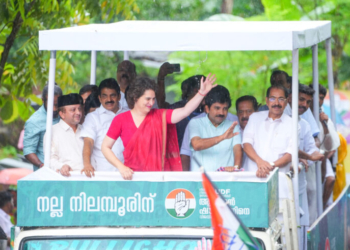New Delhi: The Supreme Court on Friday sought response from Centre and six state governments on a plea by Jamiat Ulama-e-Hind seeking transfer of over 20 cases, challenging laws regulating religious conversion, to the top court.
A bench, headed by Chief Justice D.Y. Chandrachud, issued a notice on the Muslim body’s plea moved through advocate M.R. Shamshad.
The bench, also comprising Justice P.S. Narasimha, said: “Issue notice in petitions, in which no notices have been issued till now, including the transfer petition.” The bench also asked Attorney General R. Venkataramani to file a reply.
Five petitions are pending in Allahabad High Court, one petition in the Karnataka High Court, three in the Gujarat High Court, three in the Himachal Pradesh High Court, three in the Jharkhand High Court, and six in the Madhya Pradesh High Court. These petitions have challenged the respective state laws. The Muslim body has sought transfer of all these petitions from the high courts to the apex court.
Also, two separate petitions have been filed by Madhya Pradesh and Gujarat governments challenging the interim orders of the respective high courts, which put on hold certain provisions of the state laws on conversion.
The top court has scheduled the matter for further hearing after three weeks.
On January 30, the top court had agreed to examine a clutch of pleas challenging the controversial state laws regulating religious conversions.
NGO “Citizens for Justice and Peace” of activist Teesta Setalvad, had also moved the apex court in the matter but Solicitor General Tushar Mehta had challenged the locus standi.
The Ministry of Home Affairs (MHA), in a written response to a petition filed by NGO ‘Citizens for Justice and Peace’, said: “The petitioner is guilty of collecting huge funds exploiting the agonies of riot affected people for which criminal proceedings are going on against Teesta Setalvad and other office bearers of the petitioner.”
It further added, “under the guise of serving public interest, the petitioner deliberately undertakes, and consciously and surreptitiously espouses, divisive politics in an attempt to divide the society on religious and communal lines. Similar activities/endeavors of the petitioner organization are also found in other states. Presently this activity is going on in the state of Assam”.
The NGO has challenged the laws passed by the Uttar Pradesh government and Chhattisgarh government.
Attorney General R. Venkataramani had submitted that the high courts concerned should hear these petitions instead of the apex court.
(IANS)



